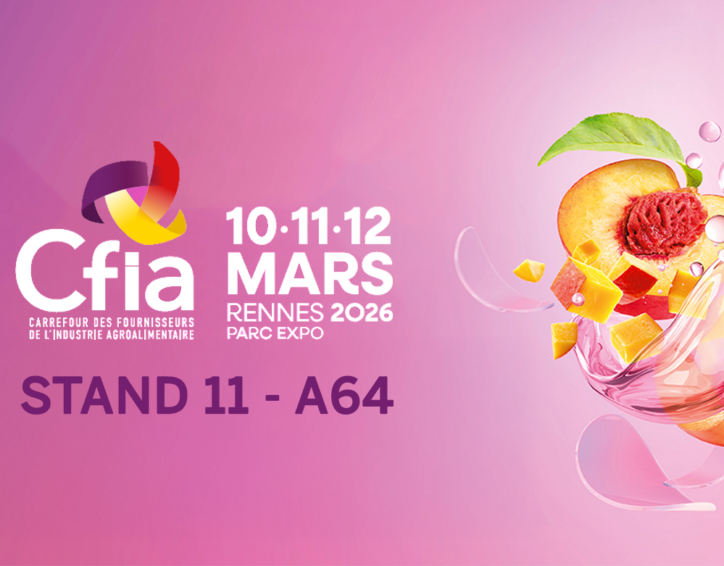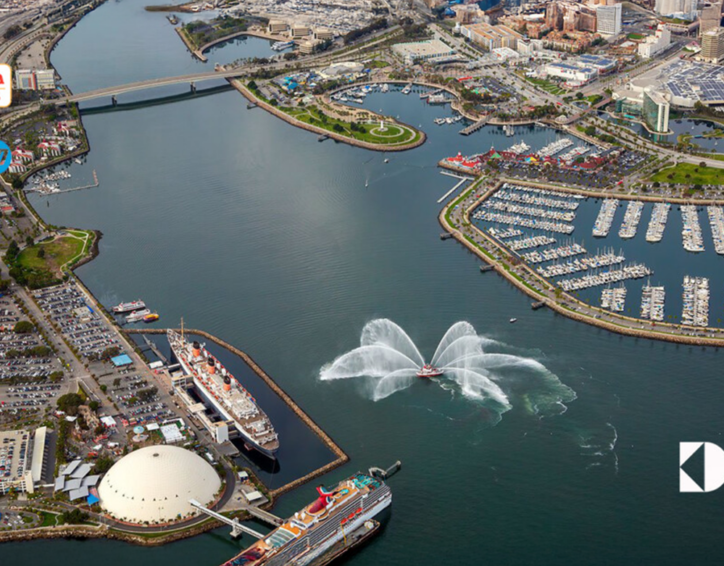EN 13432: the gold standard for compostable packaging in Taghleef Industries’ NATIVIA solutions

Growing consumer awareness and increasingly stringent regulations are pushing companies to develop solutions that reduce environmental impact. Against this backdrop, the EN 13432 standard stands out as a key reference for the certification of compostable packaging. Taghleef Industries, the world’s leading packaging film manufacturer, aligns its sustainable solutions with its requirements.
Understanding EN 13432: key requirements and criteria
- EN 13432 is a European standard that defines the requirements that a material must meet to be considered compostable. According to this standard, a packaging is compostable if it can biodegrade through the action of microorganisms, turning into carbon dioxide (CO₂), water, and biomass, without leaving harmful residues. Key criteria include:
- Biodegradability: the material must decompose at least 90 percent to CO₂ within six months under industrial composting conditions.
- Disintegration: after 12 weeks, the material must fragment into particles that pass through a 2-mm sieve, ensuring that no visible fragments remain in the final compost.
- Absence of adverse effects on compost: the material must not adversely affect the composting process or the quality of the compost produced, ensuring that the compost is safe and free of contaminants.
- Low levels of heavy metals: the content of heavy metals and other hazardous substances must be below the limits set by the standard, preventing soil contamination.
The certification process
Obtaining certification according to EN 13432 is a rigorous process involving several steps:
- Laboratory testing: materials are tested to assess their biodegradability, disintegration and ecotoxicological compatibility. These tests simulate industrial composting conditions to ensure that the material behaves as expected.
- Evaluation of results: the collected data are analyzed for compliance with the criteria of the standard. Only materials that meet all requirements can proceed to the next step.
- Certification: an independent accredited body issues a certificate stating that the material complies with EN 13432.
- Use of the logo: once certified, the product can display the “seedling” logo, a European-recognized symbol indicating the compostability of the material. This logo provides consumers with a clear indication of the sustainability of the packaging.
Environmental benefits of EN 13432-compliant packaging
The adoption of EN 13432-compliant packaging offers several environmental benefits:
- Waste reduction: compostable packaging can be disposed of along with organic waste, decreasing the amount of waste going to landfills and promoting nutrient recycling through composting.
- Lower environmental impact: controlled biodegradation prevents the accumulation of persistent materials in the environment, helping to reduce soil and water pollution.
- Support the Circular Economy: turning organic waste into compost closes the materials cycle, returning valuable resources to the soil and promoting sustainable agricultural practices.
Taghleef Industries’ compostable solutions comply with regulations.
Taghleef Industries has developed a range of packaging films that meet the requirements of EN 13432, within the NATIVIA® range. These films are made from biodegradable and compostable polymers, offering a sustainable alternative to traditional materials. Key features include:
– Bio-based origin: NATIVIA® films are produced using renewable resources, reducing dependence on fossil fuels and the associated carbon footprint.
– Certified compostability: these films are certified according to EN 13432, ensuring that they fully biodegrade under industrial composting conditions within six months.
– Application versatility: NATIVIA® films are suitable for a wide range of applications, both food and non-food, while maintaining high performance in terms of product protection and preservation.
Taghleef Industries’ commitment to sustainable innovation is also reflected in its collaboration with industry partners to develop advanced packaging solutions. One example is the use of NATIVIA® for frozen food applications: industrially compostable according to the European standard EN 13432, these films are especially beneficial for packaging solutions that can get highly contaminated by food because they help divert food waste into the organic recycling stream without introducing contaminants.
The future of packaging: EN 13432 and the circular economy
Compliance with EN 13432 is a key step toward a Circular Economy model, in which packaging does not become waste, but a useful resource for new production cycles. As environmental regulations become more stringent and consumer awareness grows, demand for compostable solutions is likely to increase.
Taghleef Industries continues to invest in research and development to offer innovative materials that meet both the sustainability and functional needs of the market. The company collaborates with partners across the supply chain to design packaging that combines high performance with reduced environmental impact.
Compostable packaging is not only an environmentally friendly solution, but also an opportunity for companies to differentiate themselves and meet the needs of an increasingly sustainability-driven market.


